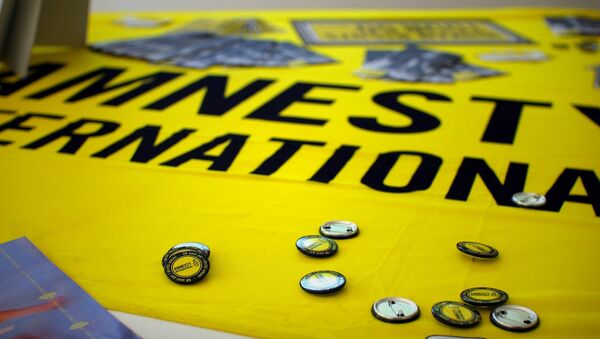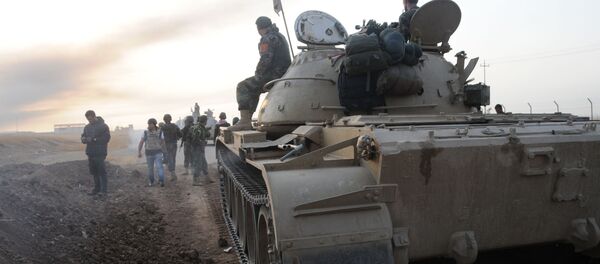"After the US-led overthrow of the government of Saddam Hussein they had a massive vacuum of power, and while he was a terrible dictator and all sorts of horrible human rights abuses took place there, there was also very strong level of control and there was no room for jihadi terrorism there. But after the overthrow of the government and after hundreds of thousand of soldiers became demobilized that fueled aggressive jihadi organizations," Sammonds said.
He added that the Syrian government was also partly responsible for the spread of the extremist group as it had been supporting anti-US forces during the Iraq War while in the early days of the protests of 2011-2012, Damascus allegedly released from prisons many jihadist fighters who later joined Daesh and the Nusra Front.
Besides, support of the Sunni Mujahideen by the United States during the Soviet–Afghan War could also play a role in the rise of the Daesh.
"Some of jihadi fighters have come to Syria from North Africa, Afghanistan and other places. In 1979, you had the Afghan Mujahideen fighting against the Soviet-backed government there, and the United States was happy to be supporting them in a way," Sammonds said adding that "more important has been the role of Iraq and the Syrian government itself."
The US-led coalition invaded Iraq in 2003, without a UN mandate, after accusing then Iraqi leader Hussein of possessing weapons of mass destruction, which were never found.
The Daesh, a radical terrorist Sunni group outlawed in Russia and many other countries, has captured vast areas in Iraq and Syria, forcing hundreds of thousands of people to flee their homes. The group has claimed responsibility for dozens of deadly terrorist attacks staged in different parts of the world.



